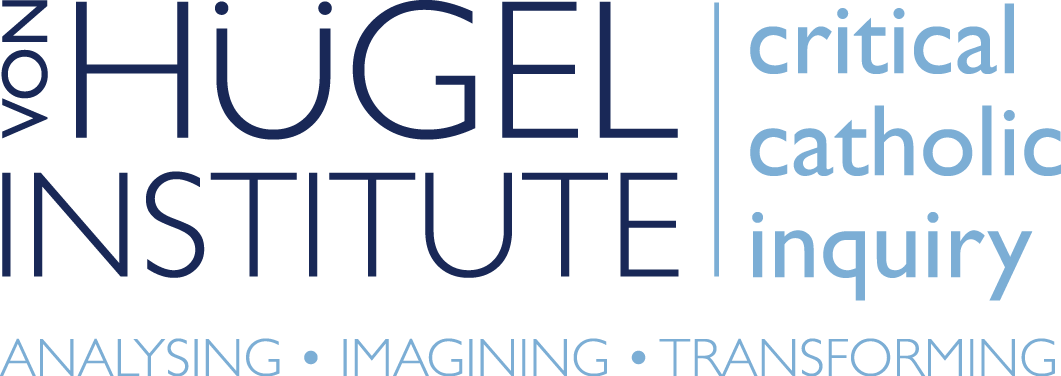The ITORP project, headed by Dr Frank Madsen, is investigating the illicit trade and traffic in organs for transplantation. It examines aspects of ethical, medical, legal and policy dimensions of the problem with particular emphasis on the dignity of the human person.
In developed countries, ever-growing demand for transplants is attributed in large part to increases in ‘lifestyle’ diseases (e.g. Diabetes (Type 2, related to weight gain), high blood pressure, misuse of analgesics). In all countries, the need for organs far outstrips supply by organ donation. This lack of organs available to satisfy demand has created a typical situation of ‘denied demand’. As can be expected, this demand will be met in various ways and has resulted in a fast-expanding black market with a multi-million dollar turnover, dominated in particular by the trade and traffic in kidneys. Growing numbers of impoverished donors are persuaded or even forced to sell their organs (via illicit networks) to wealthy recipients, within the same country or internationally.
The issue has now been incorporated in the broader UN Protocol on Trafficking in Persons (UN Global Initiative to Fight Human Trafficking, UN.GIFT http://www.ungift.org/). Illicit trade in organs is identified by the UN.GIFT as an especially complex aspect of the anti-trafficking agenda due to the wide range of relevant legal situations that exist in different countries, and the fact that ‘brokers’ engage with healthcare practitioners to collaborate in procuring organs.
The Von Hügel Institute initiated inter-disciplinary research into the trade in organs along three main lines of inquiry—apart from medicine—namely international law, ethics, and criminology. Within this context, four main areas of research are identified:
1) A main hypothesis is that the major differences in organ donation levels within and between countries may be ascribed to the concept of societal trust. Linked to this, is the level of mistrust that commonly exists towards applied criteria of death.
2) Issues of organ trade and trafficking from an ethical perspective, notably the question of ownership of the body: whether sale of parts of either living or dead bodies is ethically defensible; and associated criteria applied to costs in the transfer of organs.
3) Case data gathered and analysed in an attempt to identify time and space vectors of the traffic: directional flows relating to when, where and in what circumstances organ traffic takes place.
4) Aspects of domestic and international law are considered with regard to their possible effects on organ donation and trafficking.
People
Dr Frank Madsen (PI)
Dr Sarada Chatterjee (Research Associate)
Mr Janette de la Harpe (Project Research Assistant)
Publications
Chatterjee, Sarada, The Illegal Kidney Trade, in The European Review of Organised Crime, V4(2), 2018, 4-26.
Madsen, Frank, The Historical Evolution of the International Co-operation against Transnational Organised Crime: an Overview, in Pierre Hauck and Sven Peterke, Sven (eds.), International Law and Transnational Organised Crime. Oxford: Oxford University Press, 2015.
Madsen, Frank, Trafficking crimes with special emphasis on economic impact, in Barry A. K. Rider (ed.), Financial Crime Research Handbook. London: Edward Elgar, 2014.
Madsen, Frank, Organ Transplantation and Transnational Organised Crime, in The RUSI Journal, Vol. 158, Issue 5, 2013, 6-17.
Madsen, Frank, Corruption: A Common Global Evil, in The RUSI Journal, Vol. 158, Issue 2, 26-38, 2013.
Madsen, Frank, Transnational Criminal Networks, in Thomas G. Weiss and Rorden Wilkinson (eds), International Organization and Global Governance. New York and London: Routledge, 2013.
Madsen, Frank, International Narcotics Law Enforcement: A Study in Irrationality, in Journal of International Affairs, Vol. 66, Issue 1, 2012, 1-19.
Lectures
- Illicit Trade in Organs. Gonville & Caius College, Cambridge. 14 May 2011.
- Trade in Organs. Lamaro Pozzani University College. Rome, Italy. 19 January 2012.


